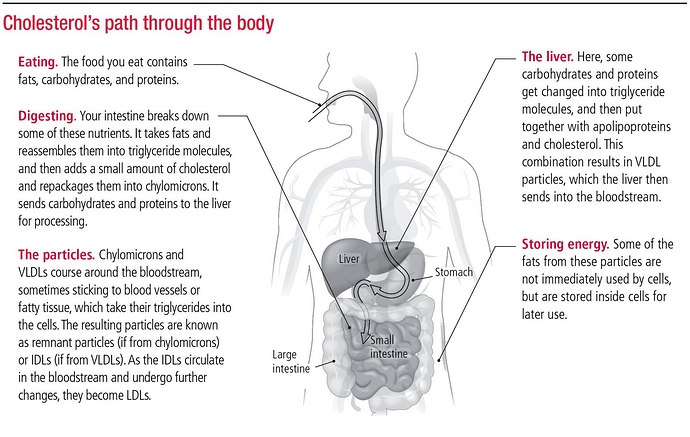Hello All,
I am a 29 year old 6ft male weighing 176lbs for context.
I am currently experimenting with a modified zero carb diet. Basically meat, water, coffee (BPC), fats (Butter, Olive Oil, Coconut Oil). Then the odd experimentation with berries, herbs, and mushrooms. I am doing this because I did Carnivore for (almost) 30 days twice and both times noticed difficult feelings after eating. Now I seem to have narrowed this down to higher protein = insulin spikes. On my adapted diet I’m very stable. Keeping daily protein below 140g and eating no more than 60g per sitting. I seem to manage that rather well. On Carnivore I was +200g and +100g respectively. I think I’ve got an insulin problem.
Questions:
-
I had some Manchego cheese tonight. High Fat, High Protein Sheep’s milk cheese (Fat 33g:27g Protein per 100g). The first time I’ve had cheese in a while. It hit me like a rock! I felt awful. I’ve been trying to get some conclusive info on here but I’m reading full fat cheeses can be very insulinogenic to some people?
-
And on that subject. Raw Dairy. Let’s go one step further and say A2 Raw Dairy. Does this have a differing Insulinogenic effect to the commercial pasteurised A1 Dairy products? What about Goats Milk Kefir say? This question is a mine field I understand.
-
How does fasting effect Insulin? I’m thinking more IF than longer periods.
-
How does exercise effect insulin? And post exercise meals? Are you more sensitive? I seem to manage better after running but then wonder if that’s just the positive endorphins flooding my brain making everything seem rosey.
-
The Salt & Potassium Tango. Do I feel better with reduced salt because I am low on potassium rather than being sensitive to salt? I can go a couple of days without salt feeling remarkably better but then the headaches appear and brain fog. This is combined with 6-10km runs. I know everyone says to salt everything. Even your toothpaste. But I do noticeably better without for 48-72 hours and then slowly fade. Thinking perhaps including things like Avocados and Mushrooms as well as bone broth to help this. I don’t do well on leafy greens and I think I’m still struggling to digest and process read meat enough to extract all of it’s nutrients and minerals.
-
What effects do certain plant foods have on insulin? Berries? Avocados? Mushrooms? Herbs?
I suppose Berries more so. Lets say 100g of Raspberries for instance. 6g Net Carbs. -
Is it Insulin that knocks you out of Ketosis or Blood Sugar? Or both?
-
Is there a link between Insulin Sensitivity and Testosterone? Is it a chicken or the egg thing. Does Insulin Sensitivity improve testosterone or vice versa?
That should keep you busy. Now I am well aware that everyone is different and the best way to determine my safe foods, boundaries and thresholds are to get a meter and start measuring. But given I seem to have a severe Insulin issue going on here. At least I suspect. It would be a benefit to talk to the experts as well to get their own personal experiences.
On a side note the extent of my issues have really shocked me. I have always been quite active. Run Marathons during 2016 and 2017. Played football all my life. I’m only 29 and within a healthy BMI. Yet I seem to be very reactive. Hope it’s a good thing that I’ve caught it now and not the beginning of the end!
Thanks for reading and for any replies. Need some counsel.


